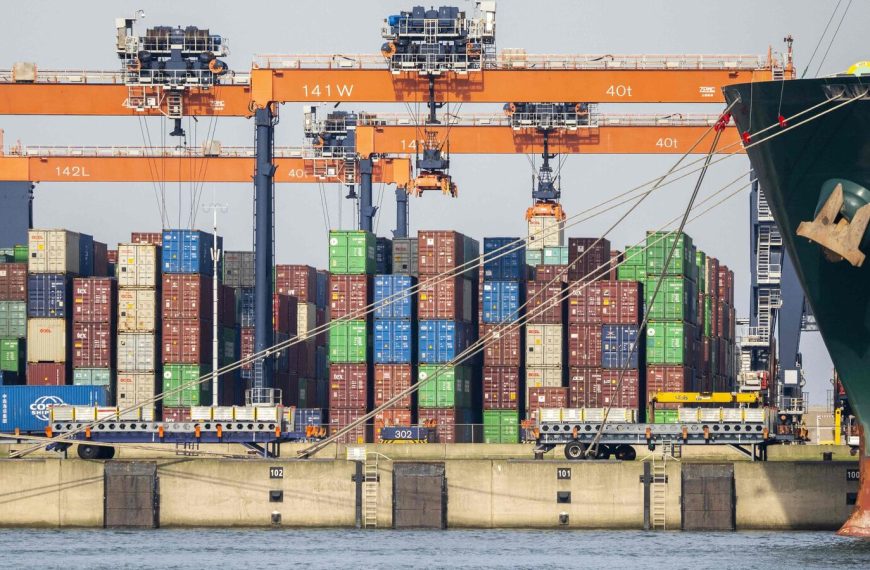India Takes Action Against Low-Cost Imports from China
In a proactive move to protect its domestic industries, India has introduced anti-dumping duties on four specific products imported from China, including vacuum flasks and aluminum foil. This decision, made in March 2023, targets goods sold at prices deemed unfairly low, thus safeguarding local manufacturers from the challenges posed by cheap imports.
Key Products Affected by Anti-Dumping Duties
The Indian government has identified four key products for which it will impose these duties:
- Soft Ferrite Cores: Commonly used in electric vehicles, chargers, and telecommunications, these components will see duties of up to 35% based on the CIF (cost, insurance, and freight) value.
- Vacuum Insulated Flasks: An anti-dumping duty of $1,732 per tonne will be levied on these goods.
- Aluminum Foil: A provisional duty of up to $873 per tonne has been set for an initial period of six months.
- Trichloro Isocyanuric Acid: This water treatment chemical will incur duties ranging from $276 to $986 per tonne for imports from both China and Japan.
The Rationale Behind the Duties
The Central Board of Indirect Taxes and Customs has outlined that these anti-dumping measures will remain in effect for five years for most of the products, with a shorter duration for aluminum foil. The decision follows recommendations from the Directorate General of Trade Remedies (DGTR), which investigates whether domestic industries are suffering from a flood of low-cost imports.
Countries often conduct anti-dumping investigations to ensure that local manufacturers are not disadvantaged by unfair pricing practices from foreign competitors. These actions align with the regulations established by the World Trade Organization (WTO), of which both India and China are members.
Addressing the Trade Deficit
India has been vocal about its concerns regarding the increasing trade deficit with China, which reached an alarming $85 billion in the 2023-24 fiscal year. By implementing these duties, the Indian government aims to create a fairer trading environment, allowing domestic producers to compete more effectively against foreign suppliers.
This move is not an isolated incident; India has previously imposed anti-dumping duties on various products to combat the influx of cheap imports from multiple countries, including China. As India continues to navigate its trade relationships, these duties represent a significant step towards promoting local industry sustainability and economic growth.
In summary, the introduction of anti-dumping duties reflects India’s commitment to supporting its domestic market and addressing trade imbalances with its neighboring trading partners.











